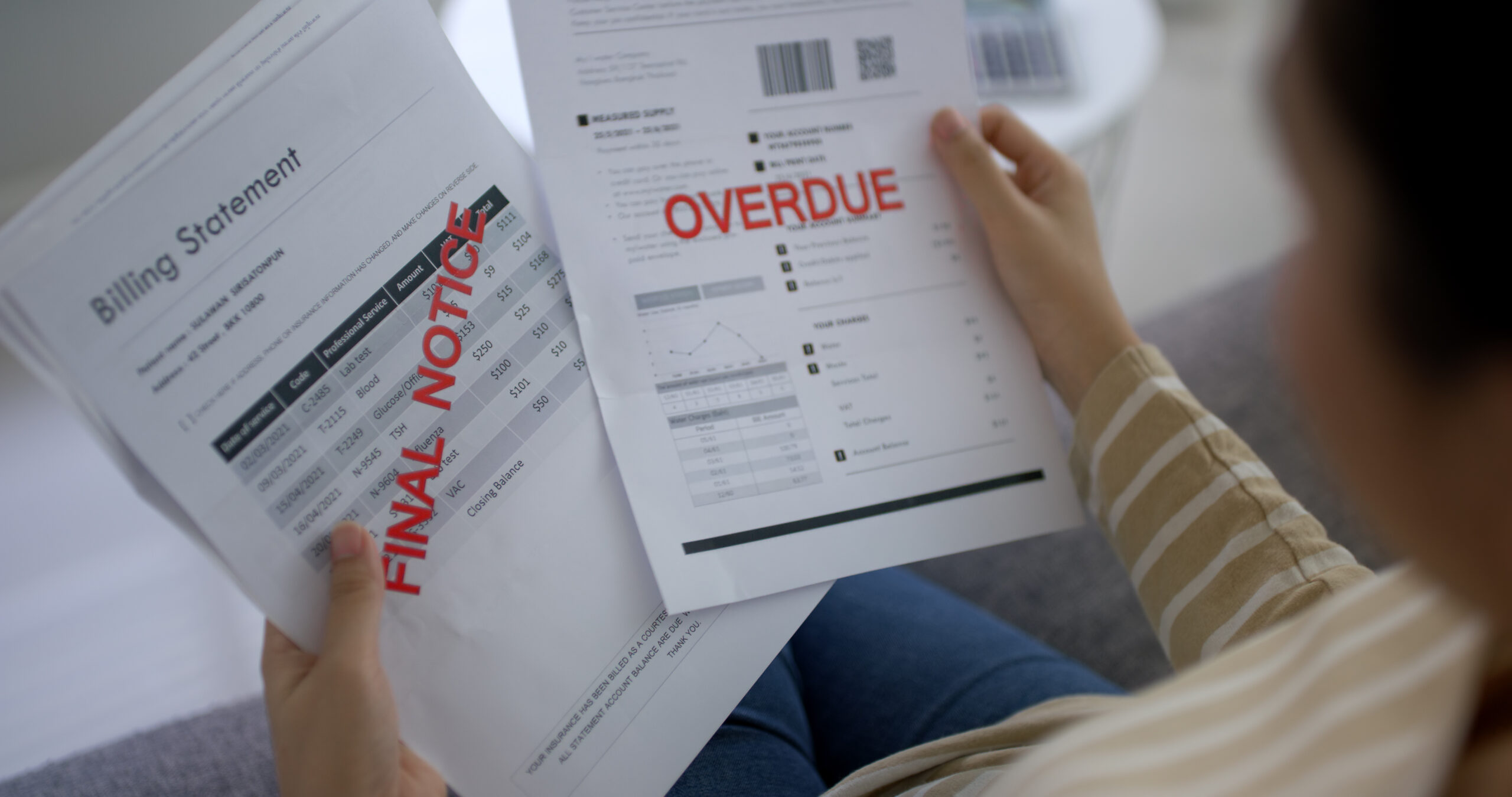According to Equifax, 11.3% of subprime borrowers’ personal loans and lines of credit were at least 60 days delinquent in March of this year. 11.1% of credit card accounts held by this same group of consumers were at least 60 days past due. Just one year ago, these delinquency rates were at 10.4% and 9.8% respectively.
Even subprime auto loans, which were heralded during the early days of the pandemic as proof that consumers were still able to manage their debt responsibly, are seeing increased delinquencies. According to Cox Automotive, the subprime auto severe delinquency rate in April was 103 basis points higher than a year ago, and at the highest levels seen since April of 2020.
Back in July of 2020, I penned a column for Auto Remarketing magazine urging lenders to be wary of seemingly positive economic indicators that were being masked by a variety of factors. From stimulus payments to the CARES Act stopping negative credit reporting if consumers enter into agreements with lenders, I issued a caution that the “real numbers are unquestionably quite a bit worse than what the data shows.”
Despite the overly positive media attention that was paid to the issue at the time, there were others who agree with me, such as Kroll Bond Rating Agency who commented that modifications made by lenders and stimulus payments would simply “delay the inevitable.”
These recent indicators suggest that this “inevitable” is nearing.
Just like in 2020, I am not here to send a doom and gloom message. Subprime lending will always be an integral part of the US economy, offering necessary credit to millions of consumers and providing solid income for the lenders that make up this segment. Rather, I am reiterating my position that lenders need to be vigilant in how they deal with delinquencies to balance their own investments while still protecting the interests of consumers.
This vigilance is especially called for given the current inflationary economy. The majority of Americans live paycheck to paycheck (62% according to LendingClub), and inflation hits these consumers particularly hard. Inflation creates a tenuous cash flow balancing act for just about every income level, but it is felt the most by those in the subprime market.
With stimulus payments, forbearance, and payment pauses now in the rearview mirror, many of these consumers will face difficult choices about which bills to pay. Lenders should take a proactive strategy to customer care and collections, one that is built on regular communication, education, and relationship building. Doing so will work to address many issues before they become severe.
This also reinforces the importance of having a deeply experienced servicing and collections partner who has worked across all asset classes and in all economic environments. As economic conditions continue to evolve post-pandemic and during this inflationary period, access to this type of experience will pay dividends for your portfolios.
Ready to “Invest in Real Experience” to develop the right strategy to address potential rising delinquencies? Drop us a line at sales@servicingsolutions.com.


